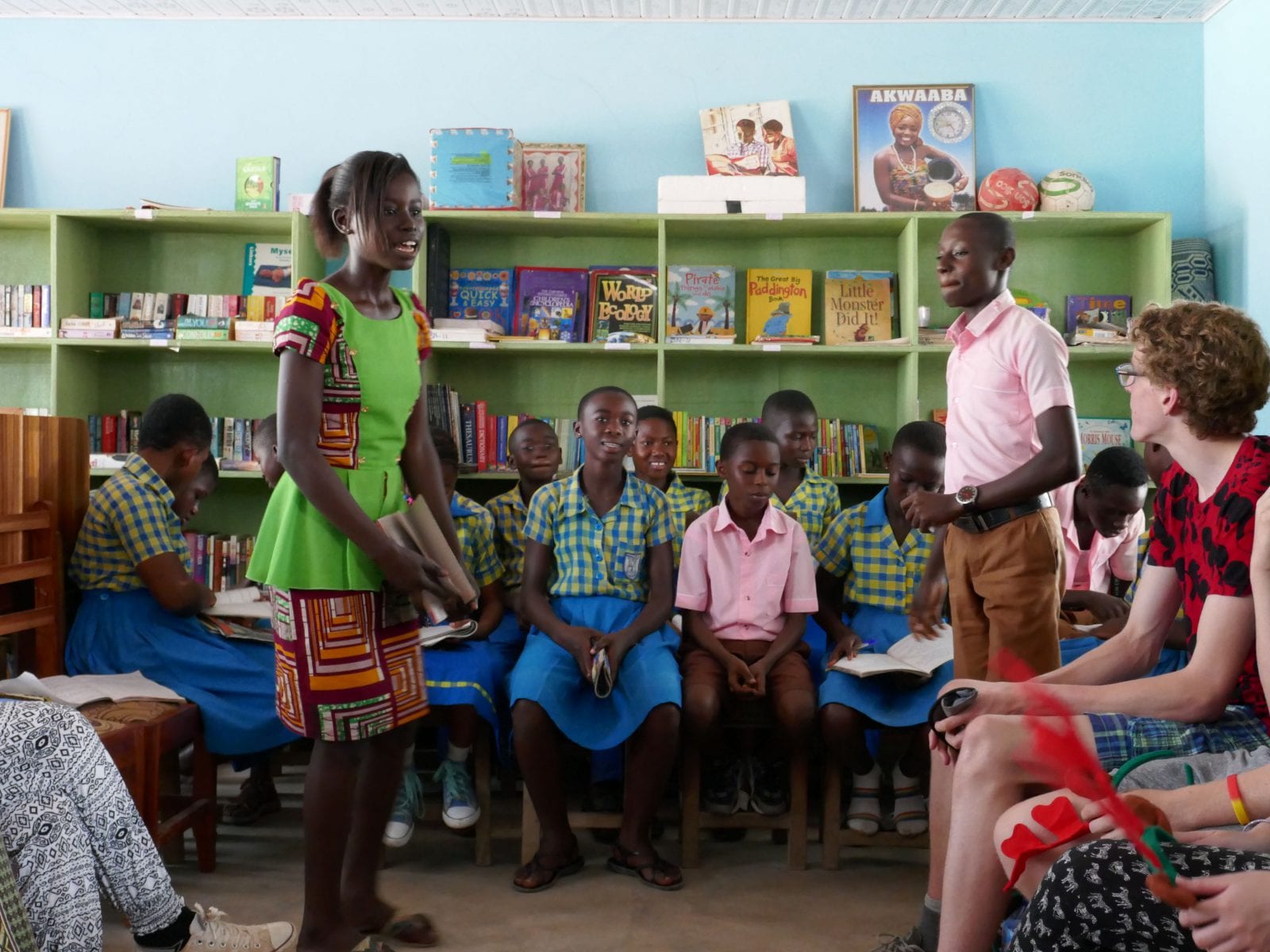For the first time, Reading Spots is bringing pupils together from the UK and across Africa, to discuss key issues relating to international development and social justice. Starting tomorrow, over 70 pupils (mainly from Brighton College and the African Science Academy in Tema) have opted to take our online learning course which branches across geography, politics, economics, ethics and philosophy, to consider the key themes of international development. The course has a focus on Africa, and encourages pupils to learn about key issues, reflect critically upon them, and consider ways of acting to make a positive change.
The key topics for the 10 week course will be: perspective, analysing poverty, a brief history of development, theories of development, postcolonialism, obligations, charitable ethics, aid and alternatives, environmental issues, and social justice. If there is sufficient interest, I may create a ‘Part 2’, developing understanding of many of these areas further, with a particular focus upon rights.
Pupils (who are mostly aged 15-18) can gain an official certificate in the course by posting a response to the task set in a discussion forum each week, and commenting on the post offered by at least one other pupil. There will also be the opportunity midway through the course to write blog posts, and the course will culminate in an essay competition –the best entries of which will be published on this Reading Spots blog. I hope that through this course, we can bring together a network of pupil informed in the key issues related to international development, and invested in the idea of being an active global citizen.
Two pupils’ reflections:
‘Lots of things at school make me think. But this course has really made me think about what I’m thinking. Mostly I have learnt not to look at Africa through the lens of someone who has grown up in England, but to take the time to understand it from the perspective of those that live there. This greatly helped on my recent visit to Ghana, where I experienced some things that I instinctively felt uncomfortable with. But with the help of the course, I recognised that I did not have the background or the right to judge. I won’t say it’s been easy. It’s been hard to reconcile the fact that good intentions are often misguided and can lead to stereotypes of poverty in developing countries being made worse. So it’s a bit like learning to walk again. What you previously left to your subconscious, now needs a concentration of effort. It’s also been interesting particularly hearing the views of the girls from the ASA and getting the chance to work with them in Ghana. By creating our own development plans for world issues that we really care about, it taught me that collectively we can make a difference and even the small things, if genuinely thought through, will have an impact.’
‘The course has really helped me to consider some of the harmful stereotypes that are so prevalent in the UK. It has led to lots of self-reflection and I certainly hope that it will help me to always consider different perspectives on development and poverty. I had not really thought about all the colonial roots of development and the continued exploitation of some countries by large corporations, I definitely feel that my eyes have been opened to an injustice I hadn’t perceived before. Before the course I found it harder to imagine what the people we will meet when we visit Ghana will be like – we often hear about children in African countries but rarely do we hear about the normal teenagers.
Do contact me on contact@readingspots.org if you would like to ‘officially’ take the course; otherwise, feel free to read away and join the discussion. If you have any suggestions for articles, books, or videos related to the course, or any ideas for how we could improve what we are doing, please do not hesitate to get in touch. This is a link to the first post:

